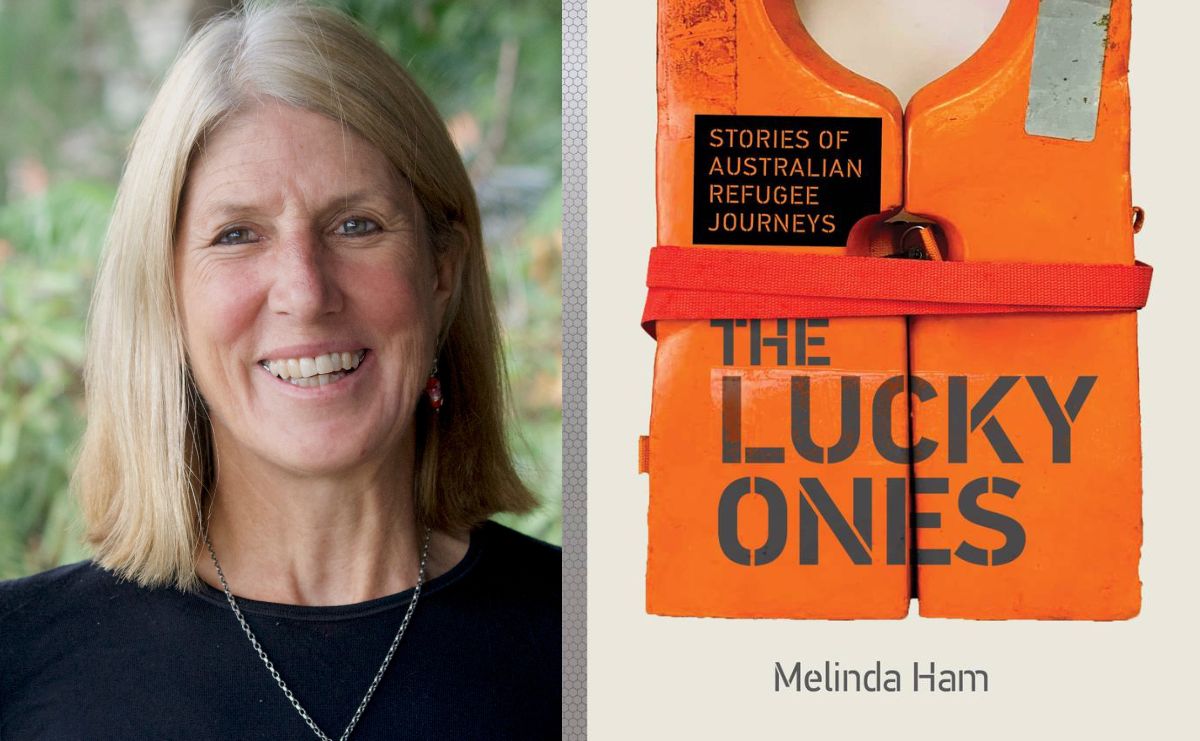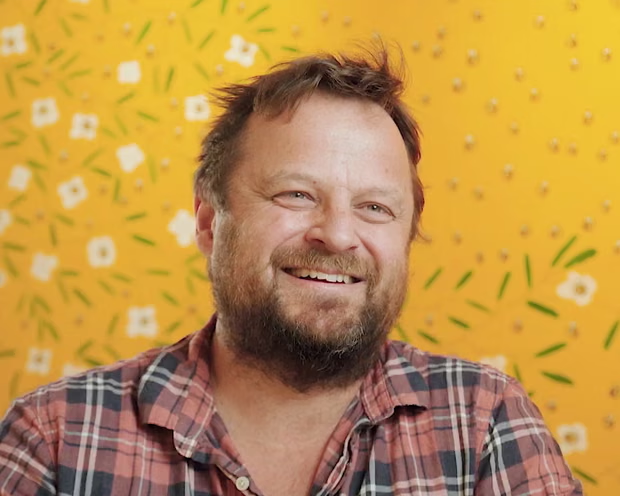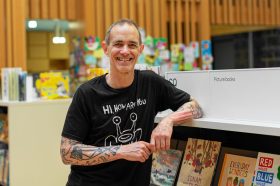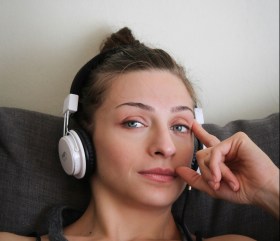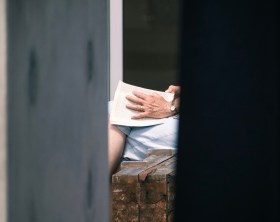In The Lucky Ones, established journalist Melinda Ham chronicles the immigration journeys of six Australian refugees. The intimate, touching and powerful stories provide accounts of the journey that rarely makes the news in such detail.
Useful as a text to support refugee advocacy, The Lucky Ones is a meticulously researched account of stories that span 70 years. For example, the stories of Maria and Wojeciech recount their journey from World War II, Poland. Meanwhile, Nikmorgh was born in Afghanistan and eventually settled in Melbourne in 2019.
The diverse range of stories (including contributions from Tibet, Iraq, Vietnam and the Democratic Republic of the Congo) provide interesting points of comparison as they splash up against decades of shifting (and gruelling) Australian refugee policy. Ham invites this comparison by intercutting between all six families.
Australia’s implicitly racist nature is revealed by the inclusion of Ham’s own story as a Canadian immigrant, which is touched upon briefly after each chapter.
This is Ham’s first book after over 25 years as a celebrated journalist. While the information is clear, her background as a journalist is unmistakable. Descriptions are simple. Sentences and paragraphs are short. In parts, this is effective. The horror of each asylum seeker’s journey is never indulged and the narrative restraint means an even greater emotional punch for the reader.
In other parts, however, the journalistic tone is limiting. Ham intends to show the humanity of her subjects, but her prose often keeps them at arm’s length. The reader always views the subject’s experience rather than being beside them.
The narrative beats of each family’s story are punctuated by historical context. This is fascinating and a necessary inclusion and it’s here that Ham’s work as an investigative journalist shines. These are often brief, however, and resist drawing more considerable conclusions about Australia’s xenophobia or the intricacies of international policy. It means the book rests in two places and doesn’t satisfy either: personal narrative and investigative analysis.
The book’s lack of clarity makes it difficult to ascertain who it is ultimately serving. The stories are powerful, horrifying and beautiful, but they are well-known to anyone casually familiar with asylum seeker rights. It is difficult to imagine staunch protectors of Australian policy making it past the introduction and having their hearts and minds changed.
Ham concludes the book by saying: ‘Each one of us can make a difference to at least one refugee’s life. Just do it!’ She gives no hints for practical tips beyond examples in individual stories of acts of personal kindness and generosity. Instead of an optimistic ending, The Lucky Ones is a bleak and disheartening testimonial of Australia’s broken system, with little hope. Ham doesn’t complete the journey for the reader into real action.
The Lucky Ones will be useful and profound in secondary classrooms and some undergraduate courses. Little is on offer for those already accustomed to refugee rights here, though Ham’s work as an advocate and journalist is substantial and deserves to be celebrated.
Read: Theatre review: A Body at Work, La Mama
The stories collected here are a necessary archive in the behemoth of stories from immigrants across time. As Ham herself points out several times, for everyone except First Nations people, we are all visitors to this land and lucky to be here.
The Lucky Ones: Stories of Australian refugee journeys, Melinda Ham
Publisher: Affirm
ISBN: 9780702266270
Format: Paperback
Pages: 272pp
Publication date: 30 January 2024
RRP: $34.99

